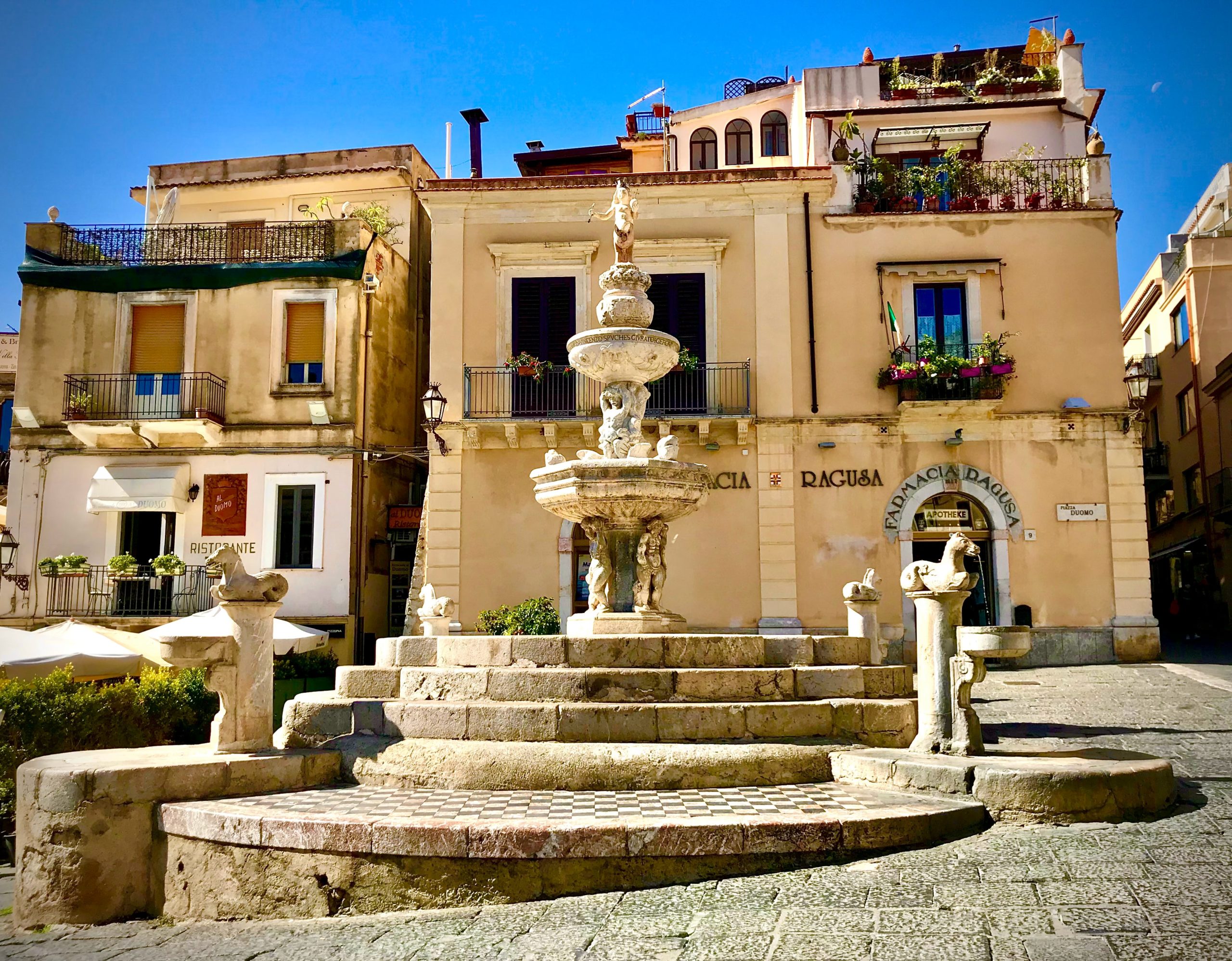If you want to say “I miss” in Italian, you should say “mi manca” and not “manco”.
Why so? What does the “mi” in front stand for?
Understanding the use of ‘mancare’ in Italian
The mi is an indirect pronoun and it’s used because mancare doesn’t follow a regular conjugation pattern, but it has the same construction of the verb “piacere”.
Both verbs piacere and mancare are known as “impersonal verbs”.
The impersonal verbs are conjugated with indirect object pronouns and in the third persons singular and plural.
That’s why in Italian we can’t say “manco” (which literally would mean something like, “I’m lacking”). Instead we use the forms manca or mancano (+ indirect pronouns), which are the third personal singular and plural conjugations of the verb mancare + the appropriate indirect pronoun.
This chart illustrates the usage of “mi manca” with singular nouns or infinitive verbs and “mi mancano” with plural nouns.
| Italian Sentence | English Translation | Function |
|---|---|---|
| Mi manca il mare. | I miss the sea. | singular noun |
| Mi manca viaggiare. | I miss traveling. | verb |
| Mi manca la musica classica. | I miss classical music. | singular noun |
| Mi manca leggere. | I miss reading. | verb |
| Mi mancano gli amici. | I miss my friends. | plural noun |
| Mi mancano le montagne. | I miss the mountains. | plural noun |
Mancare in the Present Tense
As we conjugate the verb, the verb ‘mancare’ always stays in the 3rd person singular or plural, but we have to remember to change the pronouns according to this chart.
| 3° person singular | 3° person plural | In English |
|---|---|---|
| mi manca | mi mancano | I miss |
| ti manca | ti mancano | you miss |
| gli manca | gli mancano | he misses |
| le manca | le mancano | she misses |
| ci manca | ci mancano | we miss |
| vi manca | vi mancano | you miss (pl.) |
| gli manca | gli mancano | they miss |
Why do you use “a” before mancare, sometimes?
When the person who misses something is explicit (is mentioned), the noun must be preceded by the preposition “a“:
For example:
| A Marco manca l’Italia | Marco misses Italy |
| A Lucia non manca la sua vecchia casa | Lucia doesn’t miss her old house |
| Ai miei amici manca viaggiare | My friends miss traveling |
In all of the foregoing sentences Marco, Lucia and i miei amici are explicit (which means that they are ‘mentioned’)
Of course, we can easily replace Marco, Lucia and ‘ai miei amici’ by using the respective indirect pronouns, as described in the chart.
- Gli (a Marco) manca l’italia – He misses Italy
- Le (a Lucia) non manca la sua vecchia casa – She doesn’t miss her old house
- Gli (ai miei amici) manca viaggiare – They miss travelling
How to say ‘I missed’ (mancare in the Passato Prossimo)
Just like in the present tense, mancare follows a different conjugation pattern in the passato prossimo.
| 3° person singular | 3° person plural | In English |
|---|---|---|
| mi è mancato/a | mi sono mancati/e | I missed |
| ti è mancato/a | ti sono mancati/e | you missed |
| gli è mancato/a | gli sono mancati/e | he missed |
| le è mancato/a | le sono mancati/e | she missed |
| ci è mancato/a | ci sono mancati/e | we missed |
| vi è mancato/a | vi sono mancati/e | you missed (pl.) |
| gli è mancato/a | gli sono mancati/e | they missed |
As you can see from the list above, the past tense combines three elements:
the indirect pronouns + the auxiliary essere + the past participle (mancato/a/i/e).
Different uses of the verb ‘mancare’
mancare vs. perdere
The verb “to miss” has two main definitions in English: either you miss something or someone with nostalgia, or you miss a train, bus, or an opportunity. The verb “to miss” in Italian, however, only has the first meaning (when you miss someone or something in a nostalgic way), not the second.
Use the verb perdere, which means to lose, to say that you missed a train or an opportunity.
- ho perso il treno – I missed my train
- ho perso una grande opportunità – I missed a good opportunity
mancare = non c’è (there’s not)
Mancare is a verb with many usages. One of them is when mancare is used to state that something is there or not there.
In this case the meaning of mancare is similar to the meaning of “there isn’t” and “there aren’t”.
- manca = non c’è (there’s not)
- non manca = c’è (there’s)
- mancano = non ci sono (there are not)
- non mancano = ci sono (there are)
For example:
- manca una persona nel gruppo – one person is missing from the group
- mancano i bicchieri a tavola – there are no glasses on the table
- non manca niente – nothing is missing
Quanto manca?
Another usage of mancare is related with the time and is the translation of the English sentences “X time is left until something”
Examples:
- Mancano due settimane a Natale – there are two weeks left until Christmas
- Manca un’ora per arrivare – there’s one hour left until arrival
- Mancano 10 minuti alla fine della lezione – there are 10 minutes left until the end of class
This use of mancare is very colloquial and used in spoken in Italian and sometimes it’s hard to translate in English.
How to say ‘I miss you’ in Italian
Mi manchi means “I miss you”. I recommend learning this sentence as an expression as this us of the verb mancare is not common in other conjugations or tenses.







